The women fighting back against the ‘never-ending story’ of rising female incarceration and lifelong stigma
Women are the fastest-growing part of the criminal justice system, and most of them are mothers. The new documentary ‘Apart’ explores the challenges of being a woman behind bars, and how barriers and stigma remain long after sentences are carried out, Josh Marcus writes

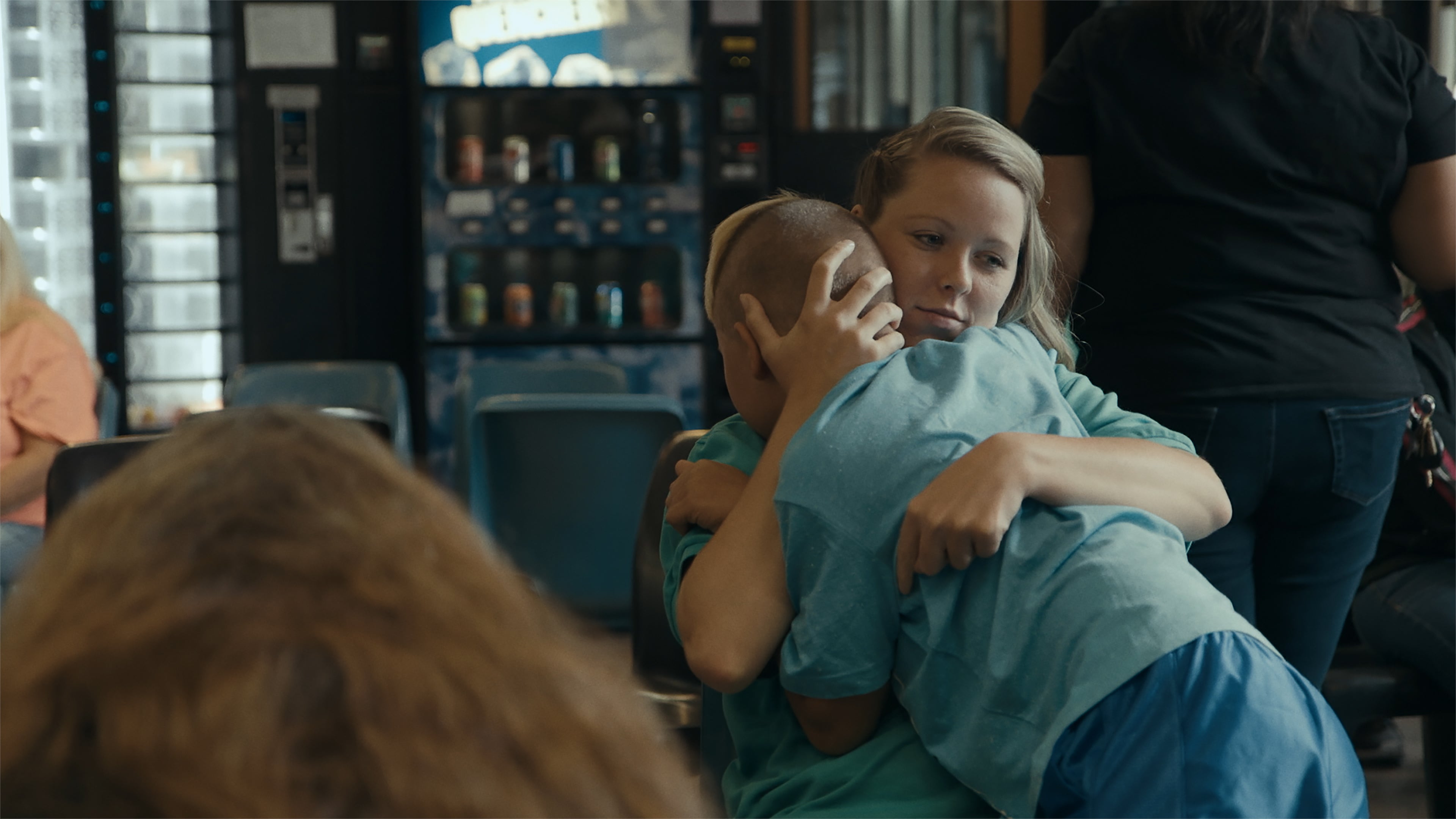
Your support helps us to tell the story
From reproductive rights to climate change to Big Tech, The Independent is on the ground when the story is developing. Whether it's investigating the financials of Elon Musk's pro-Trump PAC or producing our latest documentary, 'The A Word', which shines a light on the American women fighting for reproductive rights, we know how important it is to parse out the facts from the messaging.
At such a critical moment in US history, we need reporters on the ground. Your donation allows us to keep sending journalists to speak to both sides of the story.
The Independent is trusted by Americans across the entire political spectrum. And unlike many other quality news outlets, we choose not to lock Americans out of our reporting and analysis with paywalls. We believe quality journalism should be available to everyone, paid for by those who can afford it.
Your support makes all the difference.Tomika Daniel may be done with her prison sentence, but she still calls it the “never-ending story.”
“You do your time, you’re home, but you’re still just dealing with it,” she told The Independent.
After being sentenced for drug trafficking, the Pittsburgh-area mother became a model example of rehabilitation: participating in prison workforce training programmes, following the strict parameters of her parole, starting her own trucking company on the outside. But, for a time, it seemed like her efforts at redemption still didn’t redeem her in the eyes of society.
She was reminded of her past in increasingly arbitrary ways. Rental home after rental home turned her down because of her past conviction. With her trucking business, the parole terms wouldn’t allow her to drive between states and make the 60 mile trip to nearby West Virginia, while she was clear to travel hundreds of miles within the state of Pennsylvania, hampering her ability to take on more lucrative contracts.
The cycle of challenges that had impacted her life was threatening to continue. She began selling drugs as a teen to escape poverty, as her mother struggled with addiction during the crack epidemic. Now, with Ms Daniel a mother herself, she was once again fighting to find a way to legally succeed.
Despite those barriers, she has managed to eke out success anyway. Thanks to an innovative re-entry programme at the Ohio prison where she served, and a lot of hard work, Ms Daniel is closing in on her dreams. A friend in the trucking industry, who saw her for more than just her record, owns a building and let her rent it out. Now she’s working on starting a restaurant.
“I just want people to see, we make mistakes, but we’re still great. I’m striving for greatness,” she said. “I like the fact that people don’t always know about my record now unless I tell them, but I don’t mind if they know. I just want people to just love everyone. Let’s just love everybody and live in a world where we help people instead of trying to pull people down or alienate them.”
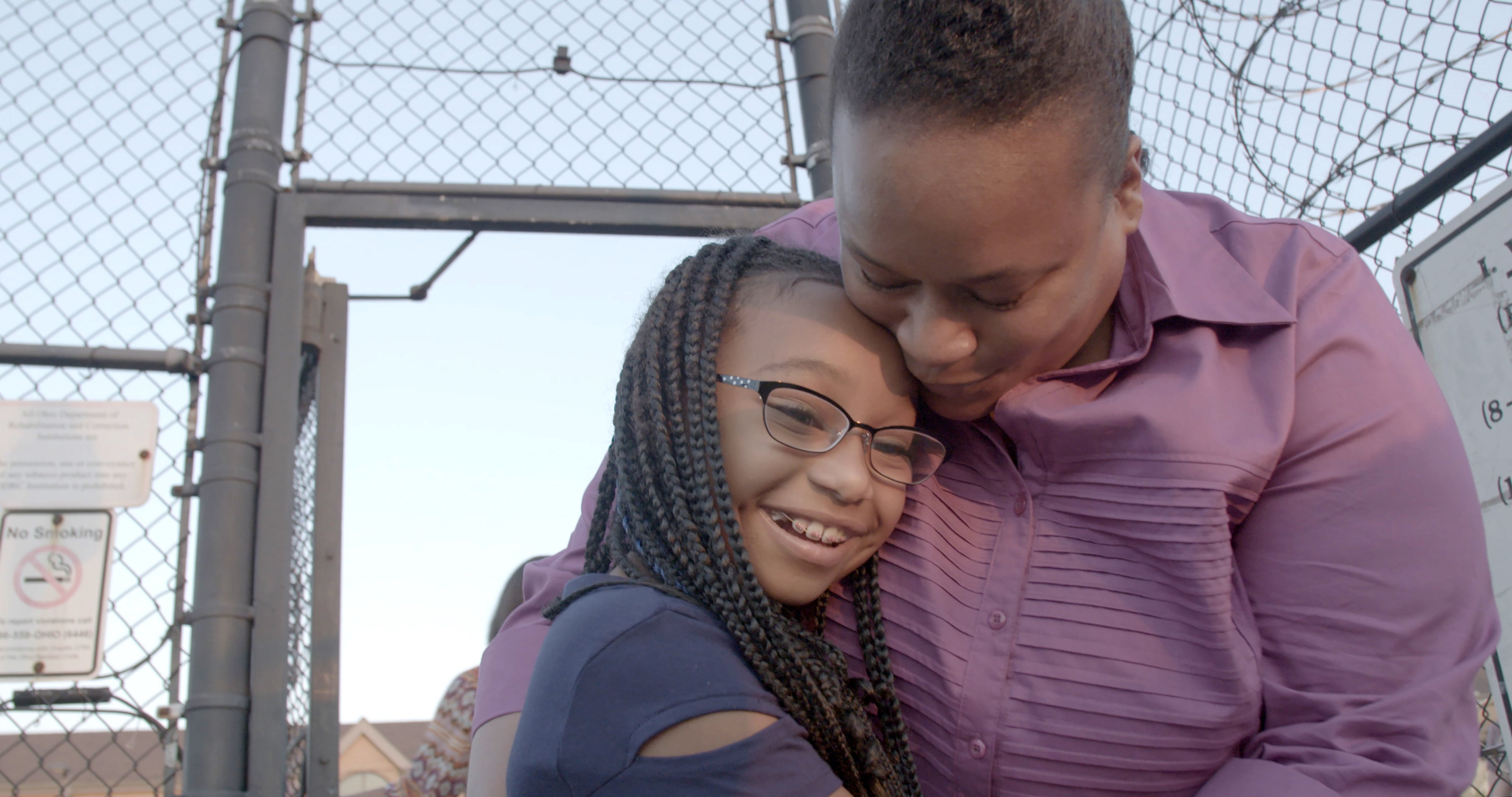
Ms Daniel’s journey, along with that of two other formerly incarcerated mothers — Amanda Freed and Lydia Loth — is chronicled in the new documentary Apart from director Jennifer Redfearn, which premiered on PBS in February.
The film follows the three women during their time in Cleveland, Ohio’s Northeast Reintegration Center (NERC) prison, where they took part in an innovative set of re-entry programmes that prepared them for the workforce and could serve as a model for the rest of the country.
The documentary doesn’t shy away from the difficulties either. Women are the fastest growing population in the criminal justice system, owing to issues like the opioid epidemic, and face an often punitive rather than restorative approach towards those who are trapped in abusive situations. As Apart makes clear, they face all the usual difficulties of being inside, with additional burdens all their own.
Since the beginning of the War on Drugs, the number of women in US prisons has risen by a massively disproportionate 800 per cent.
Eighty per cent of those women are mothers, according to the film. Locking up so many moms puts a massive strain on all involved, according to Ms Daniel.
“We’re needed. Everybody suffered when I suffered with being in prison. My mom, my sisters, my child,” she said. “It’s sad to say, but it’s so different when it’s a man in prison than a woman in prison. We’re the nurturers.”
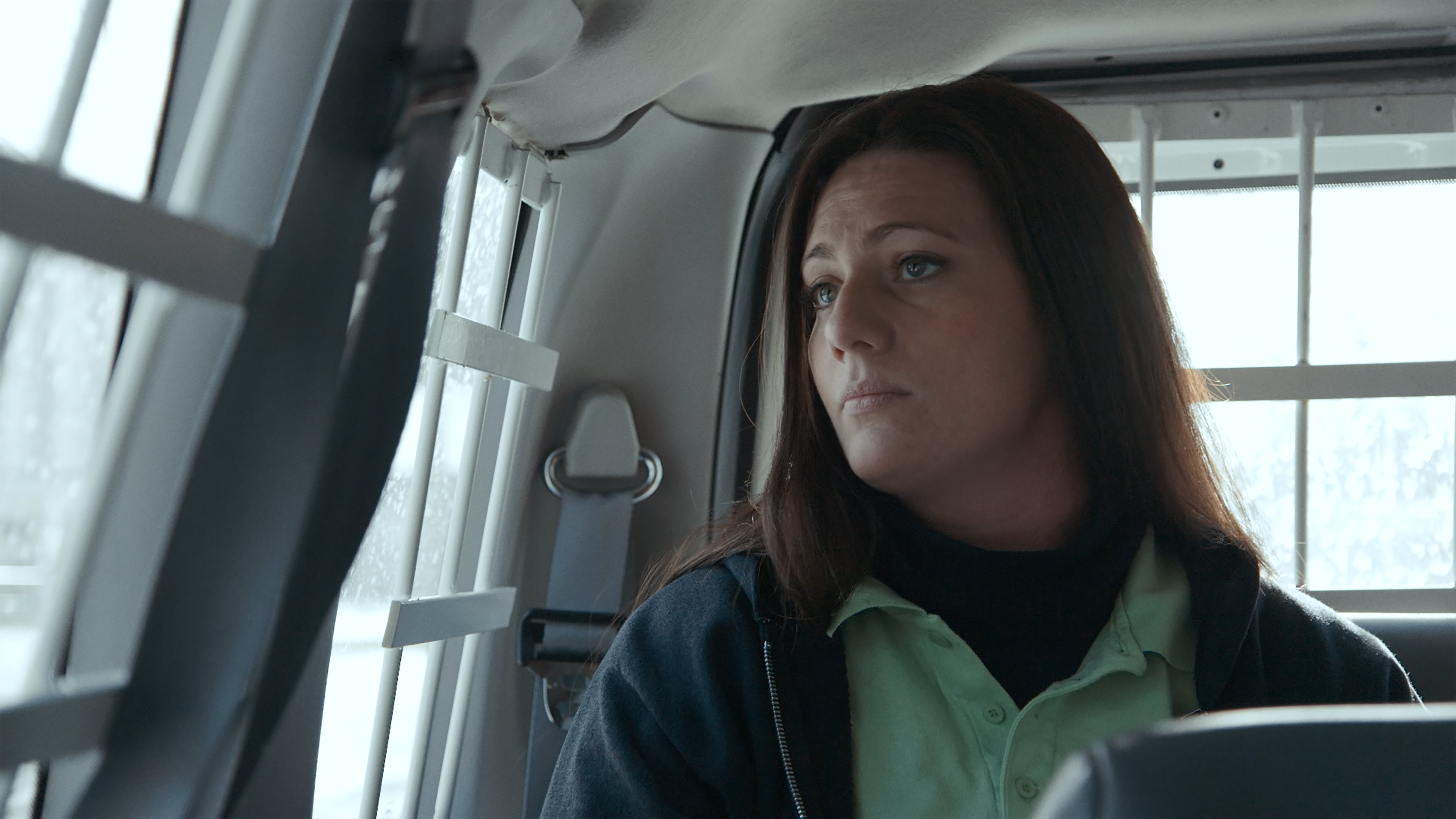
Some of the most heartbreaking scenes in Apart show the lengths incarcerated women go to still be in their families’ lives, and the ways being locked up inevitably complicates those efforts.
Phone calls and video chats from inside can be expensive with poor connections. In one moment, a video feed cuts out as Ms Daniel calls into her daughter Bailee’s birthday party. Facilities are often hours — or whole states — away from where people’s children and families live.
“That communication aspect is really really important. Women are often the caretakers, the caregivers,” said Daniel Forkkio, CEO of Represent Justice, an advocacy organisation that’s using the film to help spread awareness about the gendered aspects of the justice system and call for greater investments in re-entry work. “When you create that distance and you make it so your mother or whoever it might be can’t communicate, it creates a huge issue.”
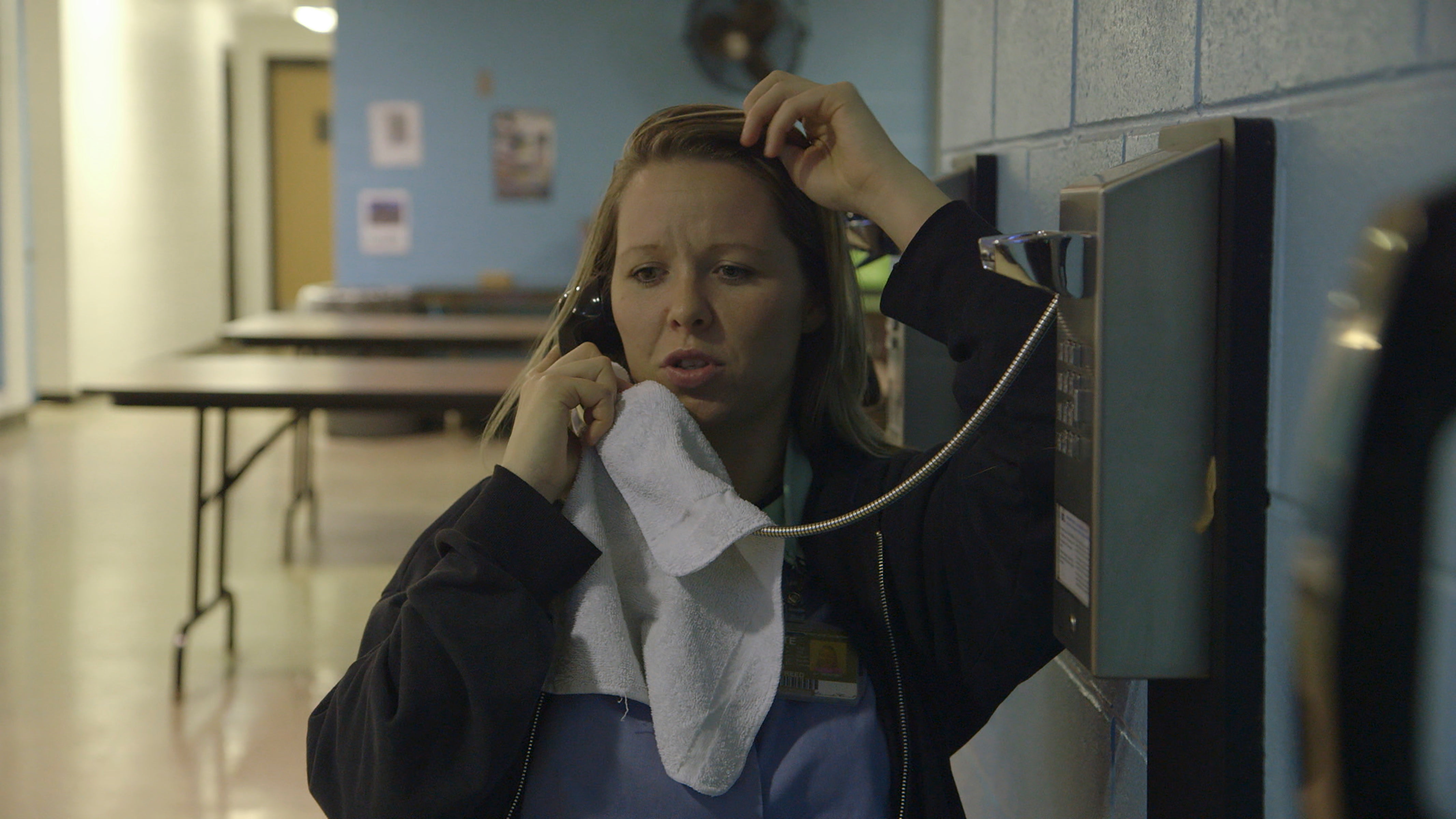
Even in person, it’s clear the context of a prison creates an undeniable distance between families and normalcy. In one scene, Amanda and her son play a game of catch with a football, but it’s hard to miss that they’re trying to create a family moment in a barren parking lot, surrounded by barbed wire.
That distance doesn’t necessarily end upon release either.
Take the story from the film of Lydia Loth, who got addicted to vicodin after being prescribed the medicine after a car accident, lacked adequate treatment, and was eventually arrested for pawning stolen property to fund her drug habit.
When she returns home, she isn’t met with all smiles and hugs. Her husband is clearly exhausted from having to raise their two sons on his own for nearly three years, and her oldest, a teenager, barely says a word to her, at one point muttering at dinner, “It doesn’t feel right. You haven’t been here for like two and a half years.”
“I would like to say he trusts me again, but I still feel like there’s that doubt in the back of his mind, just in case,” Lydia tells the camera crew.
Despite these acute difficulties, the prevalence of women in prison doesn’t always get mentioned in public, even as campaigns like the Black Lives Matter movement have slowly forced America to reckon with the enormous numbers of men of colour being arrested every year.
“Sexism plays into it,” says Mr Forkkio of Represent Justice. “For whatever reason the narrative power of women who are impacted by the justice system has not been substantially invested in.”
What makes a movie like Apart so rare then, is that women both in and then outside the system tell you what it’s like in real time — and offer a story of success, drive, creativity, and shared support.
For all the difficulties of being inside, the documentary also shines a light on the numerous people working within the system to try and help women have happier, better lives during and after prison, from therapists to career coaches.
In particular, it looks at Chopping for Change, a partnership between the Ohio Department of Rehabilitation, the Cuyahoga County Office of Reentry, and the nonprofit Lutheran Metropolitan Ministry.
The programme has inmates at the NERC leave the prison multiple days a week to get training in professional kitchens while getting a wage, as well as counselling and other support services. It’s one of the only programmes in the state that allows incarcerated women to leave jail for workforce training in a civilian setting.
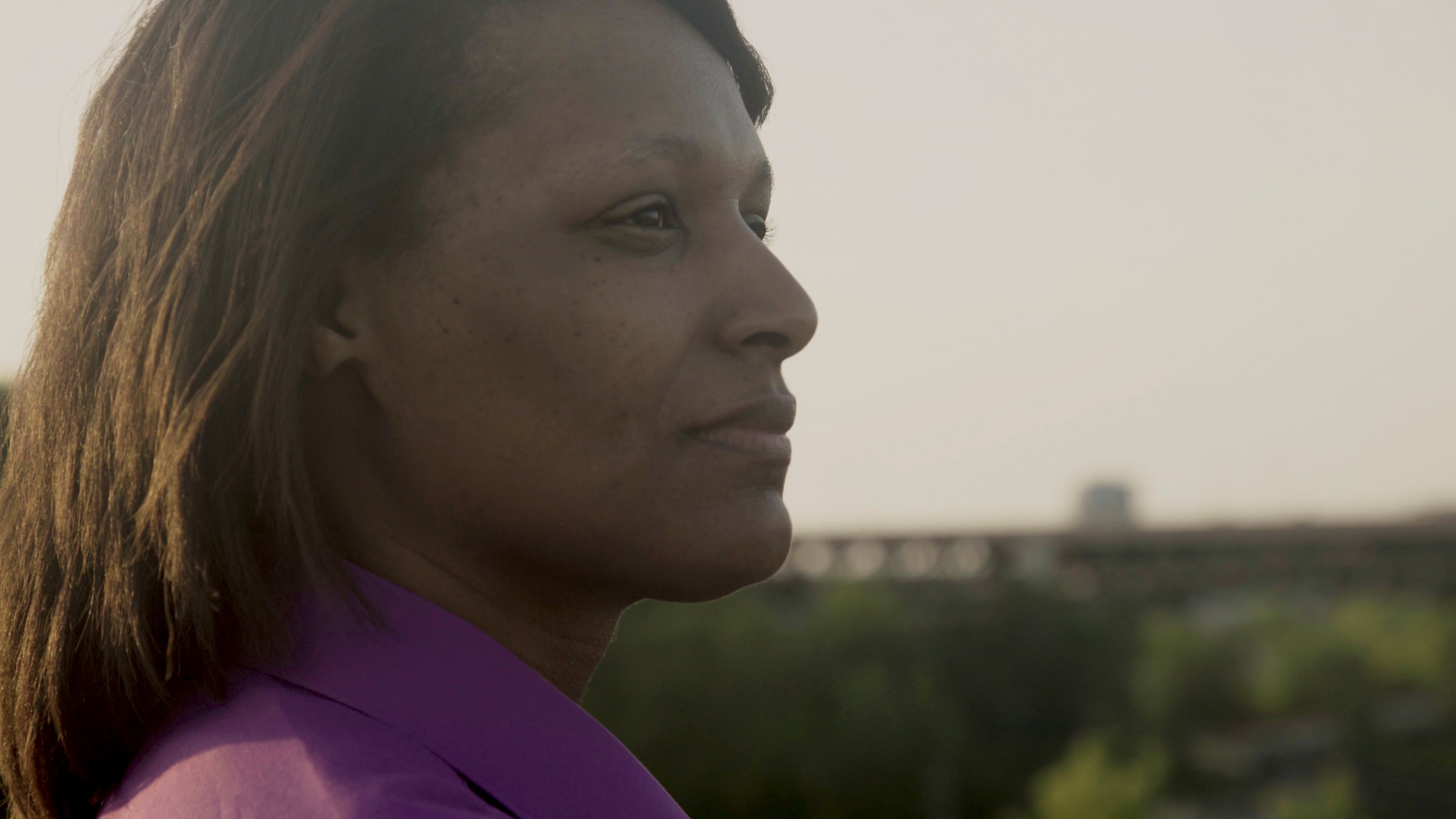
According to Malika Kidd, a formerly incarcerated woman who now helps oversee the programme, Chopping for Change works on a number of levels, from giving women valuable work experience, to offering a chance to connect with their loved ones in a more organic way through family cooking nights.
The programme focuses on food in part because it’s a rare industry where a previous conviction doesn’t provoke widespread stigma.
“They don’t really necessarily care about that background,” she said. “It’s the easiest way for them to get their foot in the door and get awesome work experience, and most of them love cooking,” she added.
Tomika Daniel, who was running her own restaurant at the time she was convicted, was one of the participants in the Chopping for Change programme, and hopes more states and correctional facilities take this all-around approach to support and development.
“This is the penthouse of prisons. It pretty much doesn’t get much sweeter than this, going out, go to the programme, picking up skills, having employment,” she said. “My whole experience with the programme was, I already had a restaurant, I was already doing my thing, but I picked up so much, and I learned so much more. We were working hard, 10 to 12 hours a day.”
It’s an approach that’s a win-win-win, according to Michelle Cirocco of Televerde, an IT company which employs currently and formerly incarcerated women, and funds tech job training centres in prisons around the country.
She hopes more businesses back this approach, which she says allows justice-impacted people to get a new start, companies to access dedicated new employees, and communities to increase public safety.
“It’s a model that works,” said Ms Cirocco, who herself worked with Televerde when she was in prison and went on to become a senior executive in the company.
Women who’ve worked in Televerde’s programmes have a post-prison employment rate of 94 per cent, and earn salaries more than four times the national average for formerly incarcerated women, according to their analysis.
“When you believe in someone and you give them the opportunity to transform their lives, you can see the impact that it has on someone,” she said. “To literally witness the transformation, to meet the women, to see what really exists inside of our prisons, the talent and the energy and the enthusiasm and the passion and love for life that exists in our prison when you actually unlock it.”
The challenges of being inside prison as a woman, and the persistent difficulties — housing, employment, stigmatisation — on the outside, have many states reconsidering their justice policies, including Ohio.
The state is currently debating a sweeping criminal justice bill that would cut down on sentencing for people in rehab programmes, make it easier to clear old criminal records, lower barriers to employment for justice-impacted people, and expand access to education credits behind bars.
“Ohio understands the incredible human and financial cost of the current system. Ohio is at a tipping point in terms of what they want to do about it,” said Mr Forkkio of Represent Justice. “There’s a lot of momentum.”
Tomika Daniel, during our final interview, had swapped the prison uniform seen in Apart for a vibrantly coloured hard hat, as she works on renovations at her restaurant.
She wants to name the business after her daughter, Bailee. The justice system cast a long, intergenerational shadow over Daniel’s family, but with perseverance and the right kind of support, now she’s working on building a different kind of legacy.
Michelle Cirocco, Tomika Daniel, Daniel Forkkio, and Malika Kidd will speak at the upcoming American Workforce and Justice Summit 2022 , a two-day gathering of more than 150 business leaders, policy experts and campaign organizations focused on how corporations can meaningfully engage in justice issues and create change in the workplace and beyond. AWJ 2022, a project of the Responsible Business Initiative for Justice, will take place in Atlanta, Georgia, on 4 and 5 May. The Independent will be reporting from AWJ 2022 as media partner.


